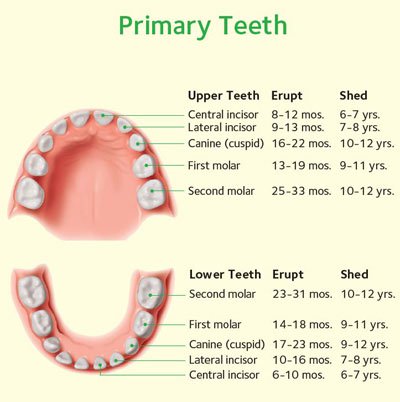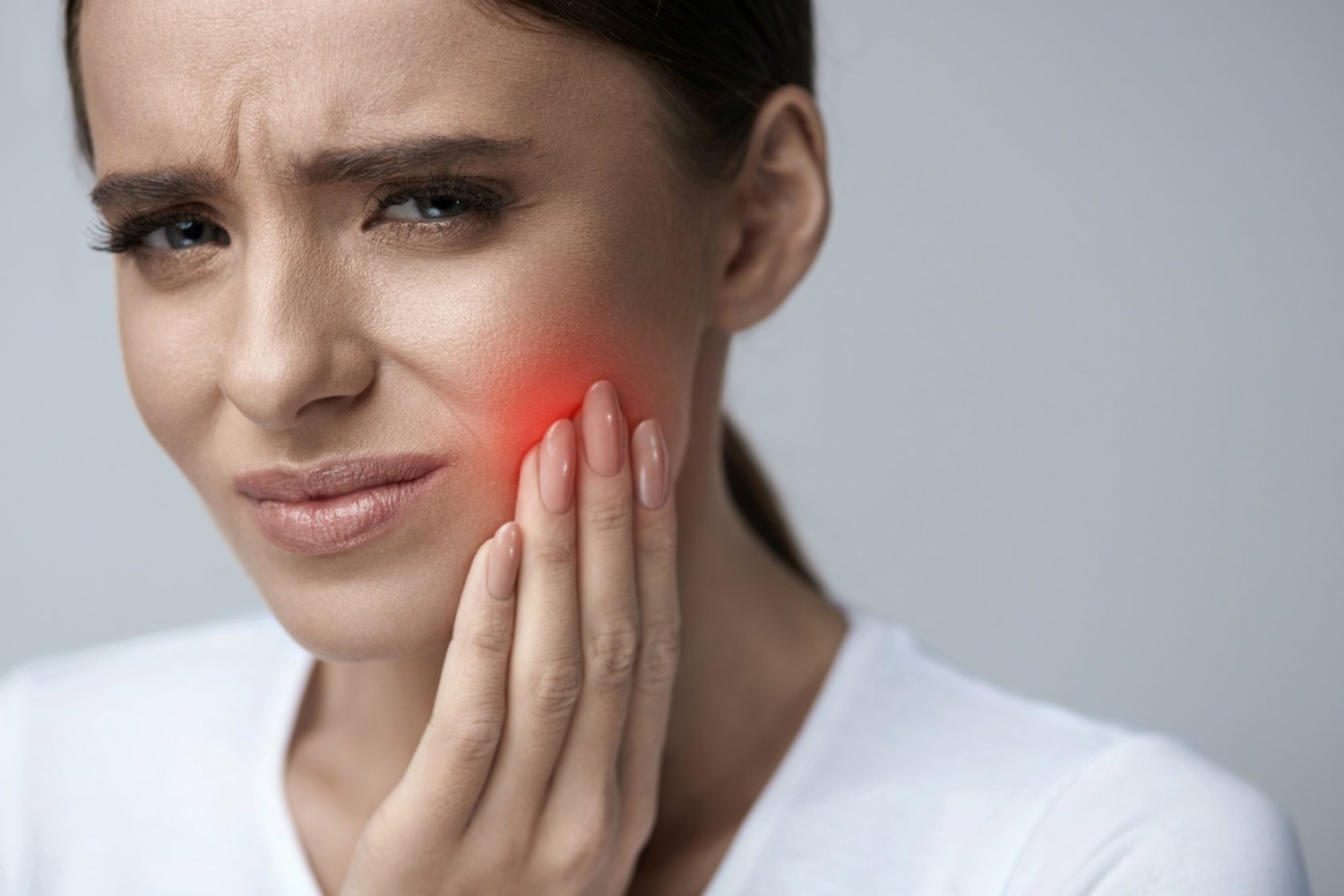Loss of baby teeth is an important event for a child and parents. It would seem that the first tiny tooth was waiting for quite recently, and now it will be in the collection of “mom’s treasures”, and a permanent tooth will take the vacant place. Caring parents, of course, are concerned about the question: is everything all right, is the bite change happening correctly? Let’s figure it out.
When baby teeth fall out
It is impossible to predict exactly when the first baby tooth will fall out — it is very individual. Usually, by the age of 5-6, the milk roots gradually dissolve, and the tooth, left without a strong attachment, easily and painlessly falls out. Just a few days later, the tip of the permanent tooth is shown. The process of loss of baby teeth takes several years and is usually completed by the age of 14.
What points should I pay attention to
- It is important to preserve baby teeth before changing the bite. Therefore, the health of the oral cavity should be monitored from early childhood. With early loss of a baby tooth, neighboring teeth will begin to shift, and there will be no place for a permanent one, which can cause the development of malocclusion pathologies.
- If a baby tooth has fallen out too early, before the age of 5, for some unknown reason, you should immediately consult a doctor. The specialist will identify factors that could affect the early loss of the tooth, and will help to avoid problems with the bite.
- Baby teeth are a reference point for permanent ones. They “show” them where to grow, and save space. If it was not possible to save the milk tooth before the time of its natural loss, put a special design — a place holder.
- By the age of 5, the jaws begin to actively grow and prepare for the change of teeth, while gaps begin to appear between the milk teeth, since the size of the teeth themselves does not change. This happens so that there is a place for larger permanent teeth. If the interdental spaces remain unchanged, consult an orthodontist to avoid the cramped position and crowding of the child’s teeth.
- It is worth making an appointment with a dentist if there is a delay in the loss of baby teeth. The reasons may be different: for example, the milk roots have not resolved or there are no rudiments of a permanent tooth. Only a doctor can diagnose and solve the problem.
When baby teeth fall out in children

The order of loss of baby teeth
Normally , when the bite changes , two processes occur at once: loss of baby teeth and eruption of permanent teeth. At the same time, their number differs: instead of 20 temporary ones, 28 permanent ones grow. For eight new chewing teeth, space appears due to the expansion of the jaws. But the four wisdom teeth most often erupt already in adulthood or may not grow at all.
Tooth loss in children occurs in the same sequence in which they appeared: first — incisors, then — chewing teeth and only after — canines. At what age this usually happens, you can see in the diagram below.
What to do if a baby tooth has fallen out
Normally, the loss of baby teeth is a physiological process, which practically does not need to be interfered with. If the tooth has been loose for a very long time and does not fall out, causes pain or discomfort, contact a pediatric dentist or surgeon.
If the tooth loss occurred at home, then you need to follow simple rules:
- Calm the baby down. To protect the child from fear and stress, turn the loss of a baby tooth into a small ritual. For example, hide a tooth under your pillow at night and by morning change it for a gift “from the Tooth Fairy”.
- Stop the blood. You need to press a sterile swab to the gum and ask the baby to bite it. Usually 10-15 minutes are enough for the bleeding to stop. If the blood continues to flow, then you need to see a doctor.
- Temporarily limit food intake. After tooth loss, you can not drink for one hour, and take food for two hours. Give the child only warm drinks and dishes in the coming days, exclude too cold, hot and spicy.
A beautiful, healthy smile in adulthood depends not only on heredity, but also on proper care and development in the first years of life. A preventive examination by a specialist will not take much time, but it will help to make sure that your baby’s dental system is developing correctly.




